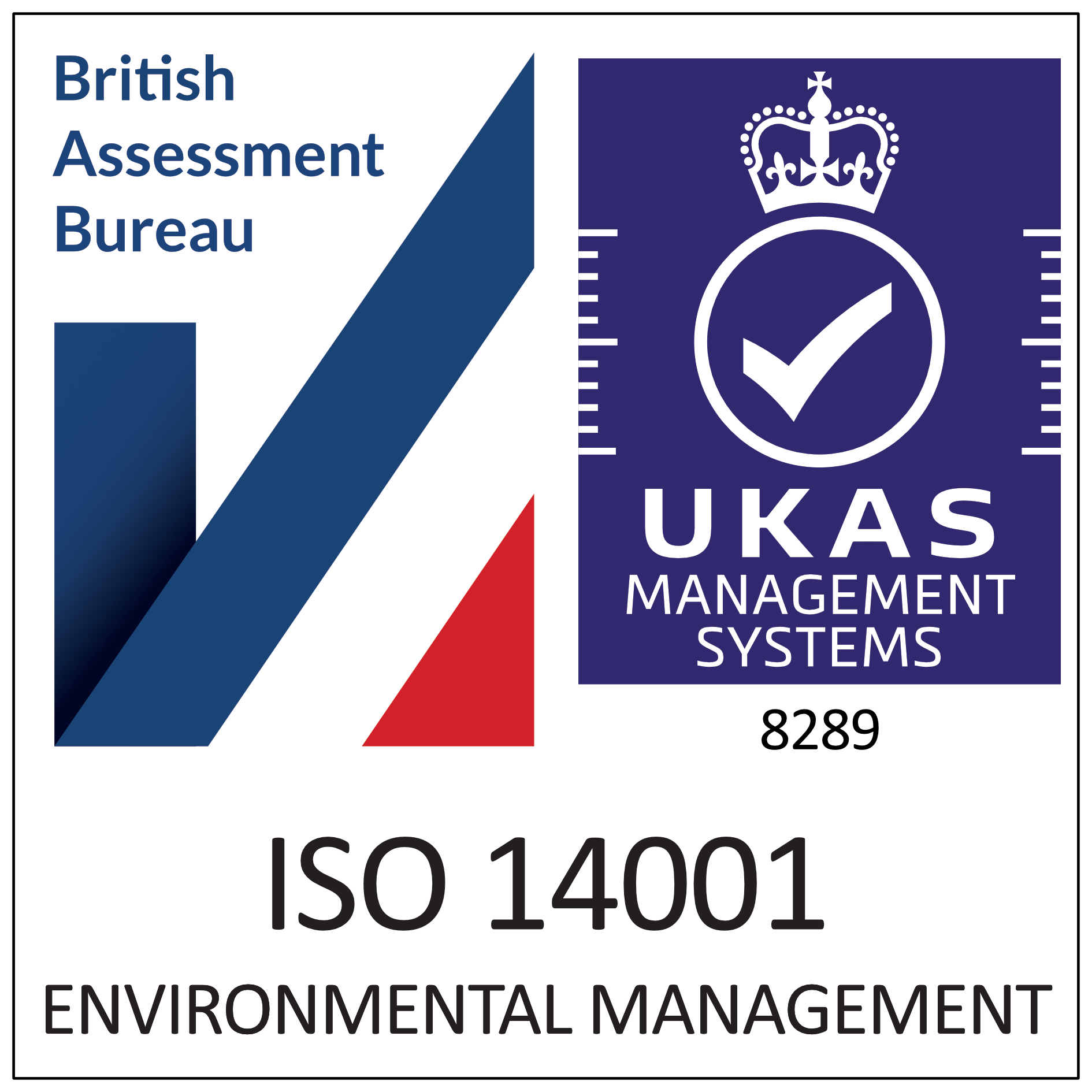
Dream Job 2040: A T Level Creative Competition
📣 Year 10 & 11 students: Design a job that doesn’t exist yet… but could!

Dream Job 2040: A T Level Creative Competition
📣 Year 10 & 11 students: Design a job that doesn’t exist yet… but could!
Search our website for news, courses, and general information
Course code: P06696
Subject area: Equine Studies
Study level: Undergraduate
Course level: H
Course time:
09:30 - 16:30
Days of week:
Mondays & Tuesdays
Course date:
15th Sept 2025 - 25th May 2027
Course location:
Common Leys FarmAnimal Health and Welfare
Business and the Business Environment
Managing a successful project
Horse Husbandry
Management of Equine facilities
Animal Anatomy and physiology
Equestrian performance
Horse and Human Relationship
Level Five:
Biological Principles
Research Project
Equine Health and Disease
Equine Therapy and Rehabilitation
Work Experience
Advanced Equine Performance
Horse event management
An equine higher national diploma also offers an excellent general Level 5 education and can provide a gateway to careers in management, journalism and the media and leisure industry. Demonstrating diversity and inclusion within the industry.
HND Graduates will be prepared for the progression on to and level 6-degree programme in an equine related subject if this is their chosen route on completion.
There are bursaries available to help you with other course costs. Call 01235 216 212 for more information.
The rules on fee reduction are complicated and we would encourage you to talk to our Admissions staff on 01235 216 400 to discuss your options. You can find more information on our Fees and Bursaries page - search "Fees and Bursaries" at the top of the page.
£6,000.00








